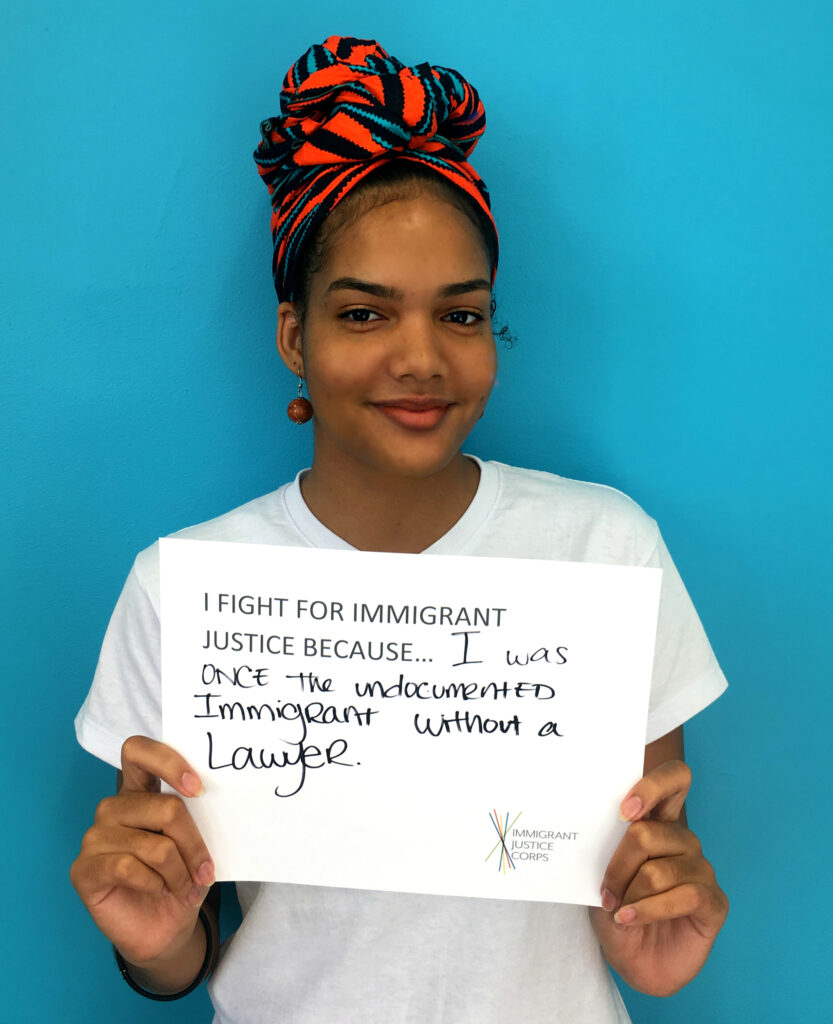Rural representation - Doug Bartel
IJC Fellows work at host organizations across the United States, from California to Maine. For some, those organizations are located in cities where they are able to tap into the local network of immigration advocates working together to support immigrant communities. For others, their host organizations are operating as the sole provider of immigration legal services in their state, and our Fellows are one of the few immigration attorneys available to help immigrants in need.
Doug Bartel, a 2024 Justice Fellow working at The Asylum Clinic Kansas City, delves into the difficulties of transportation in rural areas, and how he and a client worked together to bridge the gaps. Doug is a graduate of the University of Kansas School of Law.
Earlier this spring, I received a client consultation request that stopped me in my tracks: “My sponsor does not have a car, and there is no way I can find a ride to Kansas City. Please help me.”
Veronica’s words hit me immediately—not just the fear in her plea, but the heartbreaking reality behind it. Something as basic as transportation was standing between a child and her chance at lawful immigration status.
Veronica was approaching her 18th birthday, and if she didn’t act quickly, she would lose eligibility for Special Immigrant Juvenile (SIJ) classification—a critical legal pathway to permanent residency for children who have been abused, abandoned, or neglected by one or both parents.
ACKC is based in the heart of Kansas City, a metro area of more than two million people. But even here, reliable public transportation is extremely limited—and virtually nonexistent for those living in rural Kansas, like Veronica. She was nearly two hours away, with no way to get to us. We were her only option – turning her away felt wrong. But I couldn’t help wondering: did I really have the capacity to take on a case so far away, with so many logistical challenges?
I decided I had to try.
When I connected with Veronica on Zoom for our initial consultation, we spent the first 20 minutes just trying to find a quiet space in her home. No matter where she went, curious younger siblings followed—convinced they were playing hide-and-seek. And just when things seemed to settle, a baby’s cries would rise up in the background. Veronica was clearly frustrated. Honestly, so was I.
Still, we pushed forward. The process was far from smooth—clunky, chaotic, and nothing like the ideal first meeting I usually hope for with a client. But none of that mattered in the end. After our initial consultation, Veronica responded quickly to every request, learned how to send signed documents through the mail, and appeared for her family court hearing—the first major step in her journey toward safety and stability.
This case reminded me what truly matters: a child’s future. Not my preference for in-person meetings. Not a perfect environment. And not even my (reasonable) doubts about teenagers figuring out the postal system.
What mattered was saying yes—even when it wasn’t easy or convenient. Veronica didn’t need perfection. She needed someone willing to meet her where she was. And because of that, she’s one step closer to the safety and opportunity she deserves.
